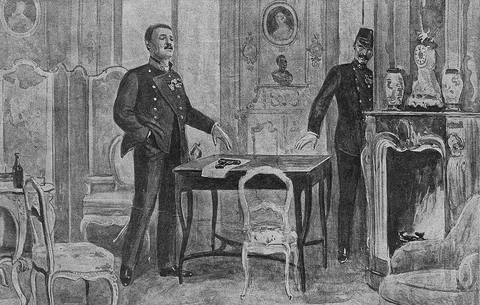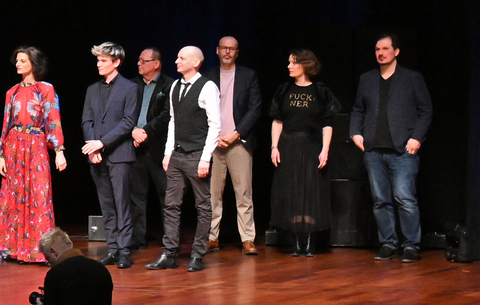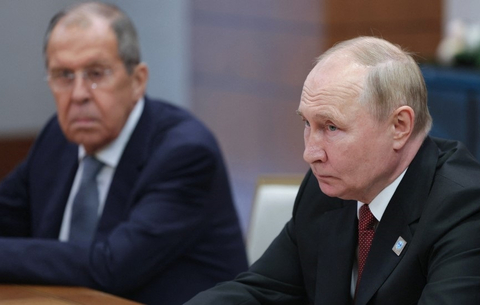Making sacrifices without confessions
Plans to cut staffing at the National Security Office (NBH) are about improving productivity and cutting out dead wood to promote better information flows, according to Gyorgy Szilvasy, minister without portfolio in charge of the civilian secret services. The changes will reduce the number of operational directorates from four to three and cut the number of departments in half.
That the NBH is being reformed is not a surprise. Many criticisms have been levelled at the NBH and its operations over the past year. Szilvasy himself acknowledged this, saying: "We have had to overcome the deficiencies that have been revealed over past months." The first criticisms were made following the leaking of Ferenc Gyurcsany's Balatonoszod speech last year, and although the NBH and the Republican Guard Regiment began a joint investigation, it is still not known who managed to sneak a professional-quality recording of the speech outside the top-security government villa. During the Hungarian TV siege in October 2006, the NBH was not on top of things - the NBH's former director-general admitted to ATV that they had been surprised by the rioters' aggression.
But the real scandals to rock the NBH came in the spring. First, when NBH officers visited at home two journalists who had been taking photographs of Szilvasy's house - he was still chancery minister at the time. Imre Boi, operations director, was forced into retirement following the affair. Then came questions over a charitable foundation ("All for Each Other") which was closely linked to several NBH officers, which was suspected of tax and customs fraud. This affair led to the resignation of Lajos Galambos, the director general. Since his departure, the NBH has been run by Sandor Laborc.
The housekeeping exercise will be welcomed by those who want to see the secret services strengthened, but the gesture may also please those who suspect the NBH of having guaranteed a kind of afterlife to the communist secret police from before the regime change. The reorganisation will apparently see younger officers moved into management positions. HVG understands many of the managers are heading into retirement, while some former managers will be moved into more junior positions. The timing of the announcement looks deliberate. A reorganised NBH will look good alongside the legislative package the government is offering in response to the supposed far-right danger posed by the Magyar Garda.
The reorganisation of the NBH still throws up a number of questions. What is meant by getting rid of duplication? There has never been talk of duplication in the past. Normally, duplication concerns have focused on whether it is necessary to maintain parallel military and civilian secret services - but the new plans make no mention of combining the two.
Another question is how much disruption the reorganisation will cause to a staff of 1,200. Some experts on the secret services say that, in order to prevent abuse, it was decided in the past that individual managers should only have detailed knowledge of their own departments. If dozens of managers all move into new and unfamiliar jobs at the same time, this could paralyse the NBH for months. These experts say better information flow also poses risks. A complicated hierarchy has, they say, a limiting effect, making it possible to ensure that only those with a right to information can actually get hold of it. Others go even further, saying the NBH has been riven by rivalries and political differences for a long while, with the left-wing old guard on one side and the - supposedly more influential - middle generation. This younger group was appointed by the Antall government and is therefore believed to be of right-wing persuasion. However things develop, simplifying the structure will make things easier for the ministers in charge, allowing them to oversee and inspect the organisation and its activities in far more detail than before.
ÁKOS TÖMÖRY








